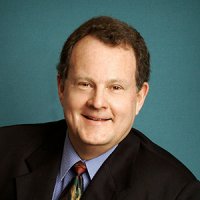Michael Halliwell

Michael Halliwell studied literature and music at the University of the Witwatersrand in Johannesburg, at the London Opera Centre, and with Tito Gobbi in Florence. He has sung in Europe, North America, South Africa and Australia and was principal baritone for many years with the Netherlands Opera, the Nürnberg Municipal Opera, and the Hamburg State Opera singing over fifty major operatic roles, including several world premiere productions. He has served as Chair of Vocal Studies and Opera, Pro-Dean and Head of School, and Associate Dean (Research) at the Sydney Conservatorium. He is President of the International Association for Word and Music Studies. His publications include the monographs, Opera and the Novel (Rodopi: 2005); and National Identity on Contemporary Australian Opera: myths reconsidered (Routledge, 2018), as well as many chapters and articles. He still performs regularly and recent CDs include When the Empire Calls (ABC Classics, 2005); O for a Muse of Fire: Australian Shakespeare Settings (Vox Australis, 2013); Amy Woodforde-Finden: The Oriental Song-Cycles (Toccata Classics, 2014); That Bloody Game; Australian WWI Songs (Wirripang, 2015).
